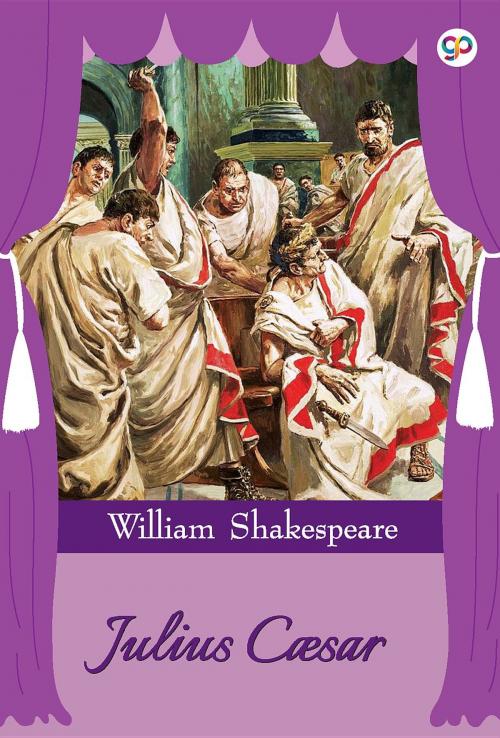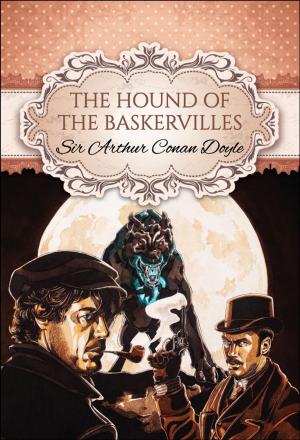| Author: | William Shakespeare, GP Editors | ISBN: | 9789387669949 |
| Publisher: | GENERAL PRESS | Publication: | June 23, 2018 |
| Imprint: | GENERAL PRESS | Language: | English |
| Author: | William Shakespeare, GP Editors |
| ISBN: | 9789387669949 |
| Publisher: | GENERAL PRESS |
| Publication: | June 23, 2018 |
| Imprint: | GENERAL PRESS |
| Language: | English |
Julius Caesar is among the best of Shakespeare's historical and political plays, composed in 1599. The story is about the power struggle that occurs after the assassination of Julius Caesar, and it takes its readers through the course of the rebels' defeat in the Battle of Philippi.
The book is set in the Roman Empire in 44 bc and paints a picture of the struggle for power that was prominent during the phase. The story begins when Brutus, a close ally and friend of Julius Caesar's, is enticed by the conspirators who plot the murder of Caesar under the guise of working for the interest of the republic. The book then depicts the manner in which Caesar ignores the warning from his astrologer about the impending danger to his life. When Caesar is assassinated after Brutus delivers the final blow, the rebels attempt to win public support for their deeds, which Mark Antony, another Caesar faithful, works against, with the help of a rousing. Through events surrounding his death, the themes of frustrated ambition and crude demagoguery are picked up and brilliantly handled. It is interesting to see how Caesar's personality dominates the play.
Julius Caesar is among the best of Shakespeare's historical and political plays, composed in 1599. The story is about the power struggle that occurs after the assassination of Julius Caesar, and it takes its readers through the course of the rebels' defeat in the Battle of Philippi.
The book is set in the Roman Empire in 44 bc and paints a picture of the struggle for power that was prominent during the phase. The story begins when Brutus, a close ally and friend of Julius Caesar's, is enticed by the conspirators who plot the murder of Caesar under the guise of working for the interest of the republic. The book then depicts the manner in which Caesar ignores the warning from his astrologer about the impending danger to his life. When Caesar is assassinated after Brutus delivers the final blow, the rebels attempt to win public support for their deeds, which Mark Antony, another Caesar faithful, works against, with the help of a rousing. Through events surrounding his death, the themes of frustrated ambition and crude demagoguery are picked up and brilliantly handled. It is interesting to see how Caesar's personality dominates the play.















